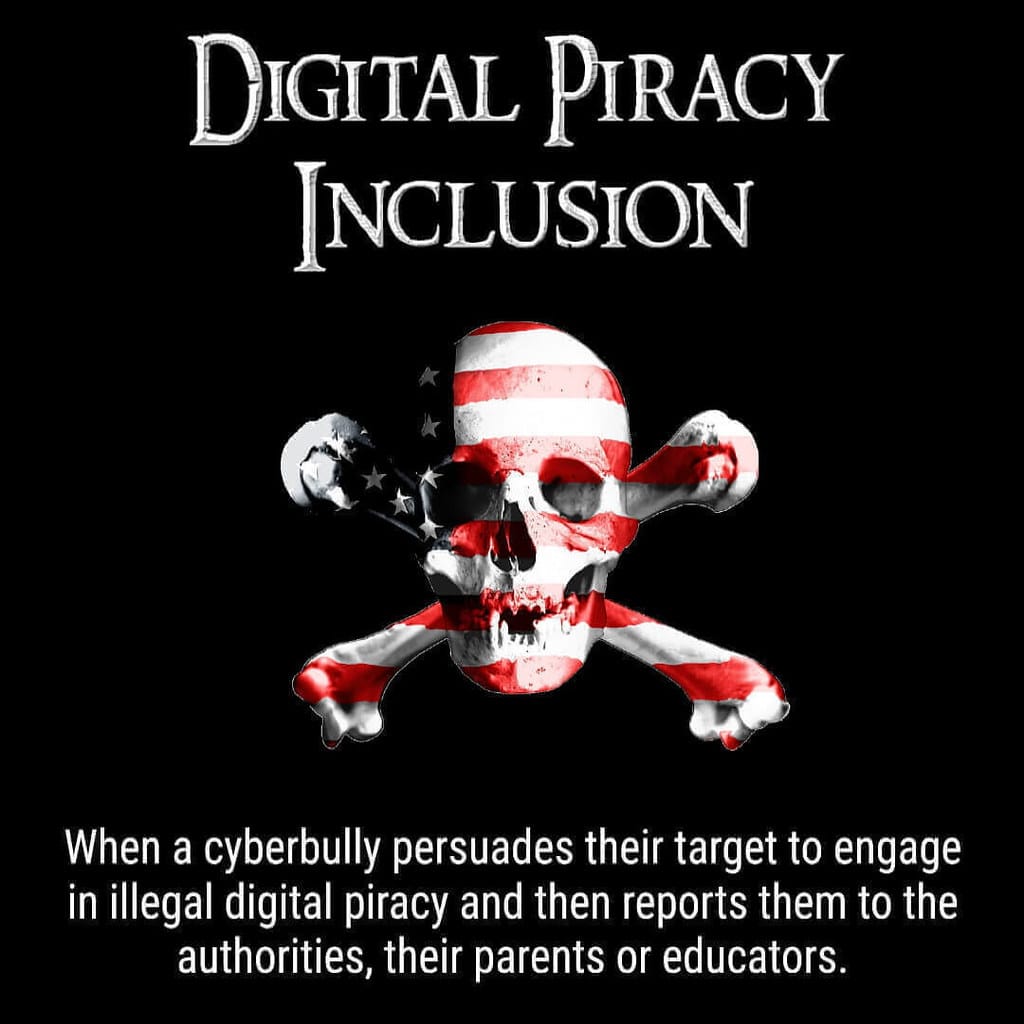330,000-Member 'Yubin Archive' Pirate Library Shut Down as Operator Faces Criminal Charges
A massive online piracy operation that distributed illegal academic materials to over 330,000 members has been dismantled following the arrest of its operator, marking one of the largest takedowns of educational content piracy in recent memory. The closure of 'Yubin Archive' highlights the growing battle between academic publishers and digital pirates operating in the shadowy corners of the internet.
The Scale of Digital Academic Piracy
The Yubin Archive operated as a sophisticated distribution network, providing free access to copyrighted textbooks, research papers, and study materials that would typically cost students and researchers hundreds or thousands of dollars. With its 330,000-strong membership base, the platform represented a significant threat to the traditional academic publishing model.
Unlike casual file-sharing operations, Yubin Archive functioned more like a professional library system, complete with search functionality, categorized collections, and regular content updates. Members could access materials ranging from undergraduate textbooks to specialized research publications, all without paying the substantial fees typically required by legitimate academic publishers.
Law Enforcement Cracks Down
The operator's arrest represents a coordinated effort by authorities to combat large-scale copyright infringement in the academic sector. While specific details about the charges remain limited, the takedown follows a pattern of increased enforcement against piracy operations that have grown bold in their scope and visibility.
The case underscores the challenges law enforcement faces in tracking down operators of these networks, who often use sophisticated anonymization techniques and distributed hosting to avoid detection. However, the sheer size of Yubin Archive's membership likely made it a high-priority target for investigators.
Impact on Students and Researchers
The closure of Yubin Archive will likely have immediate effects on the hundreds of thousands of users who relied on the platform for access to expensive academic materials. Many students, particularly those in developing countries or facing financial hardships, turned to such platforms as their primary means of accessing required textbooks and research materials.
This situation highlights the ongoing affordability crisis in academic publishing, where individual textbooks can cost $300-500, and research paper access fees can quickly accumulate to hundreds of dollars for active researchers. The high costs have created a substantial market for pirated alternatives, despite the legal risks involved.
Publishers Fight Back
Academic publishers have intensified their efforts to combat piracy in recent years, employing both legal action and technological solutions to protect their intellectual property. Major publishers like Elsevier, Pearson, and McGraw-Hill have invested heavily in anti-piracy measures and actively pursue legal remedies against large-scale infringers.
The industry argues that piracy undermines the economic model that funds peer review, editorial oversight, and the development of new educational materials. However, critics contend that publishers have created an unsustainable pricing structure that practically forces students and researchers to seek alternatives.
The Broader Digital Piracy Landscape
Yubin Archive's closure is unlikely to end academic piracy, as dozens of similar platforms continue to operate globally. Sites like Library Genesis (LibGen) and Sci-Hub have faced repeated legal challenges and domain seizures but continue to resurface under new addresses and hosting arrangements.
The decentralized nature of modern piracy networks makes complete elimination nearly impossible. When one major platform disappears, users typically migrate to existing alternatives or new platforms emerge to fill the void.
Looking Forward: Sustainable Solutions Needed
The Yubin Archive case illustrates the need for systemic solutions to academic content accessibility rather than purely punitive approaches. Some institutions have begun exploring open access models, institutional subscriptions, and affordable digital lending programs as alternatives to traditional publishing structures.
Key Takeaways:
- The 330,000-member piracy network demonstrates the massive demand for affordable academic materials
- Law enforcement is increasingly targeting large-scale educational piracy operations
- The underlying affordability crisis in academic publishing continues to fuel demand for illegal alternatives
- Sustainable solutions require addressing both piracy enforcement and the root causes of high academic content costs
The closure of Yubin Archive may temporarily disrupt access to pirated academic materials, but without addressing the fundamental affordability issues that drive users to such platforms, similar operations will likely continue to emerge and thrive in the digital underground.
